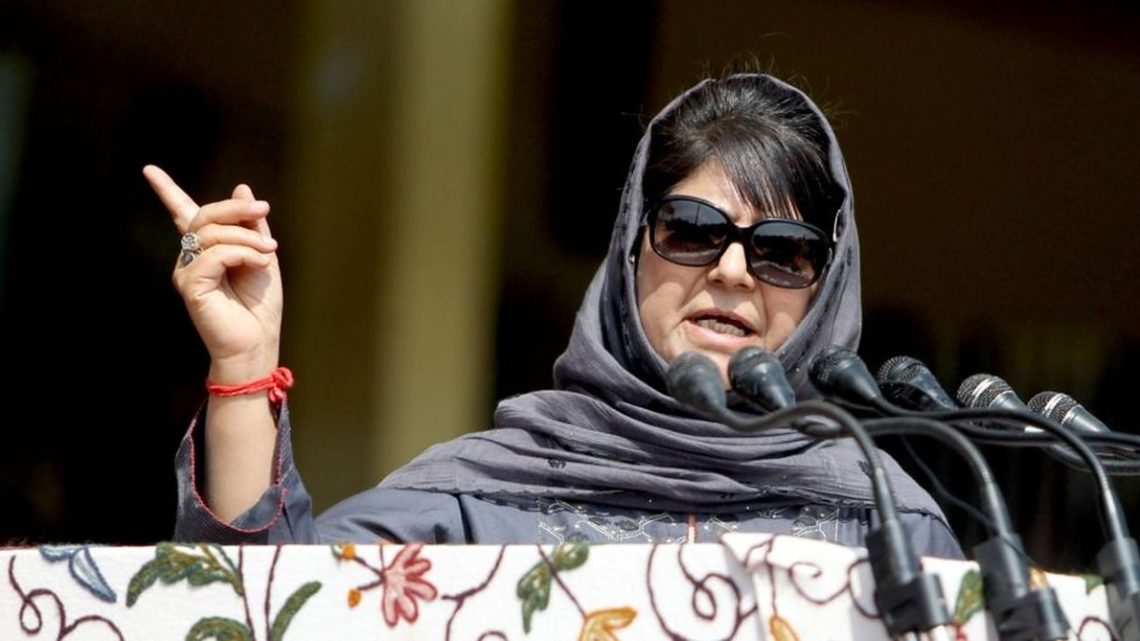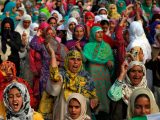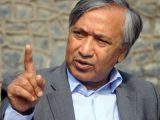
Mehbooba Mufti Condemns Outsider Candidates in South Kashmir Elections
May 16, 2024In the politically charged atmosphere of Indian Illegally Occupied Jammu and Kashmir (IIOJK), Peoples Democratic Party (PDP) President Mehbooba Mufti has sharply criticized the National Conference (NC) for their choice of candidate in the Islamabad-Rajouri Lok Sabha constituency. Mufti, who is contesting the seat herself, took issue with the NC’s decision to field Gujjar leader Mian Altaf, accusing the party of importing an outsider to compete in the election.
Mufti highlighted the legacy of her father, Mufti Mohammad Sayeed, who she credits with significant infrastructure development in South Kashmir, including the establishment of a medical college and university. She expressed her dismay at the current political scenario, arguing that the representation of South Kashmir in Parliament is being undermined by the introduction of an external candidate.
During a media interaction, Mufti also addressed the broader political sentiments in the region, particularly in light of the recent polling in Srinagar. She observed that the high voter turnout was a manifestation of the public’s anger over the abrogation of Article 370 on August 5, 2019, which stripped IIOJK of its special autonomous status. According to Mufti, this act of disenfranchisement has fueled a sense of betrayal among the people, prompting them to use their vote as a form of protest against the central government’s actions.
Mufti emphasized that the abrogation of Article 370 was perceived as illegal and unconstitutional by many in IIOJK, and she insisted that the Modi-led Indian government would have to restore the article, whether sooner or later. Her comments reflect a broader discontent with New Delhi’s policies and their impact on the region’s autonomy and governance.
Furthermore, Mufti urged the electorate of the Islamabad-Rajouri constituency to turn out in large numbers on the voting day, May 25, to send a clear message to Delhi about their dissatisfaction. She painted a bleak picture of the current state of IIOJK, describing it as an open jail with rampant unemployment and many youths languishing in jails across the country. She called on voters to exercise their democratic rights to highlight these issues and demand change.
Mufti’s statements underscore the deep-rooted political and social unrest in IIOJK. Her call for a high voter turnout is not merely an electoral strategy but a plea for democratic engagement as a means of protest. The issues she raises—ranging from the imposition of outside candidates to the fallout from the abrogation of Article 370—reflect broader concerns about representation, autonomy, and the future of the region under current governance.
Therefore, Mehbooba Mufti’s campaign in the Islamabad-Rajouri constituency is deeply intertwined with the larger narrative of resistance and demand for justice in IIOJK. Her vocal criticism of the National Conference and her call to the voters are efforts to reclaim political agency and challenge the prevailing conditions imposed by the central government.

